Dust off that library card and read along with the College of Humanities in their latest course, Great Books. Covering the breadth and depth of humanities with a selection from each department, students in HUM 1500 will join leading faculty from English, Philosophy, World Languages and Cultures, Linguistics, History, and Writing and Rhetoric Studies as they explore everything from London in the 1920s to what it means to be human. “Great Books offers a chance to think in complex ways about complex challenges,” says Scott Black, professor of English. “It’s an excellent foundation for the skills needed to succeed in any major and any career.”

Everyone Here Spoke Sign Language, Nora Ellen Groce, 1985
“This book describes an unusual linguistic community where deafness was so common that everyone used a sign language, including hearing people, and nobody involved thought this was remarkable. The book describes life in this community, whose unique circumstance offers insights into the nature of deafness, the human capacity to learn and use language, and the relationship between spoken and signed languages.”
—Aaron Kaplan, Associate Professor of Linguistics
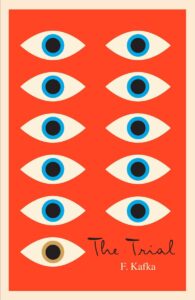
The Trial, Franz Kafka, 1915/1925
“It’s practically synonymous with questions of guilt, innocence, and justice, as well as with the attempt to make sense of our absurd modern world. But the book also offers so much more: bizarre surreal humor, a deep exploration of the relation of the law to our bodies, and moments of sacred mystery and transcendence. It’s one of the best reads you can encounter.”
—Joseph Metz, Associate Professor of World Languages and Cultures

Speaking into the Air, John Durham Peters, 1999
“It has become a modern classic in communication research. It digs deep into the Western canon to challenge our common and often simplistic notions of communication and what it can accomplish. What’s more, Peters is one of our most distinguished alumni of the Department of Communication, having completed his MA here [1982].”
—Sean Lawson, Professor of Communication
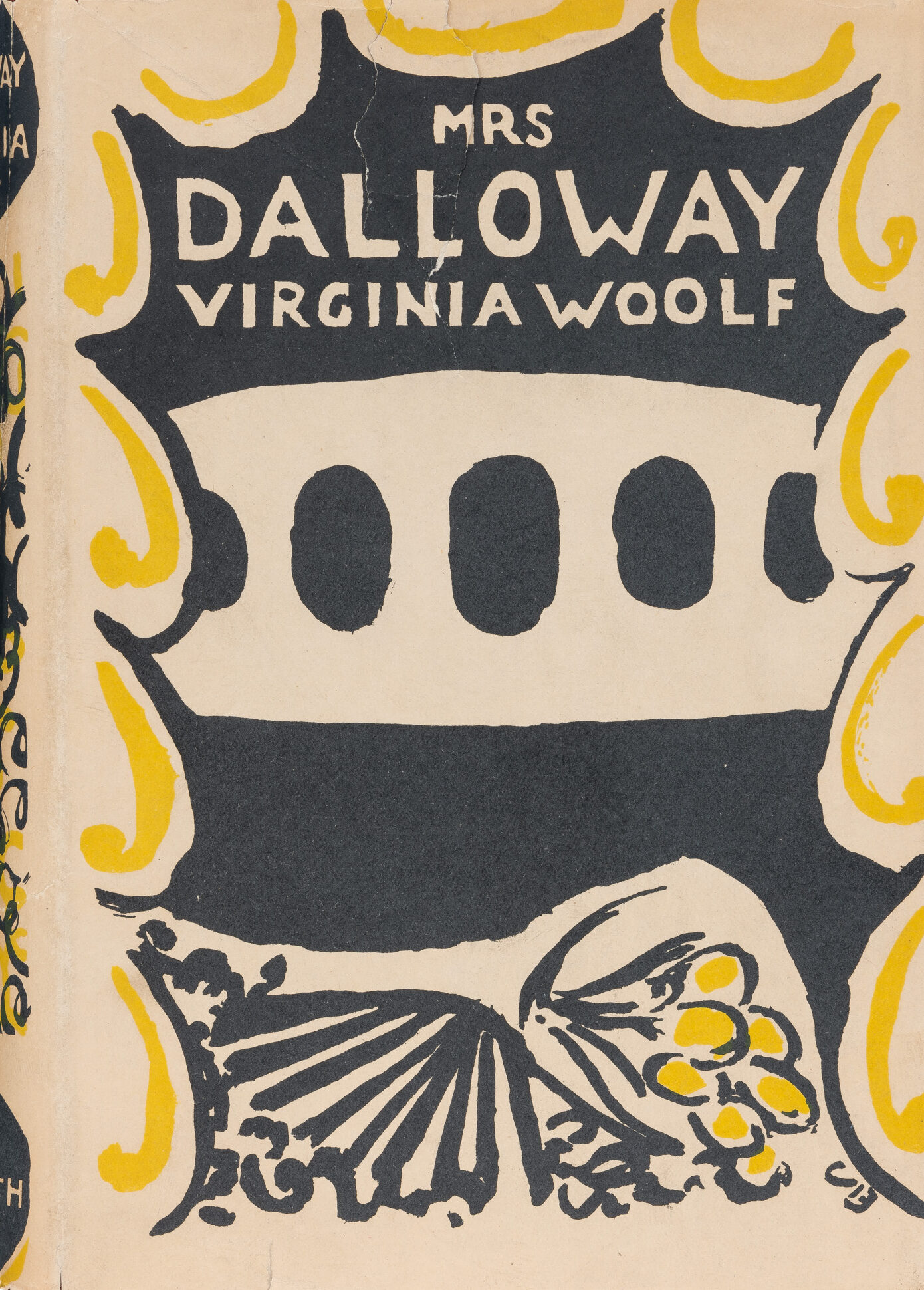
Mrs. Dalloway, Virginia Woolf, 1925
“One of the greatest novels of the twentieth century and one of the greatest reading experiences you’ll ever have. In a bold narrative experiment, Mrs. Dalloway explores the intertwined lives and voices of a group of friends during one day in London in 1923. Woolf’s writing is gorgeous, and in expressing Clarissa Dalloway’s consciousness so beautifully and fully, she broadens and enriches the reader’s own.”
—Scott Black, Professor of English
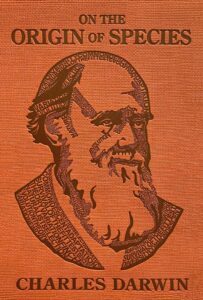
On the Origin of Species, Charles Darwin, 1859
“It synthesizes many of the great scientific and philosophical debates of the time, while also setting the stage for the next century and a half of new debates. Since that time, Origin and Darwin’s subsequent writings have continued to influence discussions of what it means to be human and how we are related to the rest of the living world—issues that only seem to grow more pressing.”
—Rachel Mason Dentinger, Assistant Professor of History
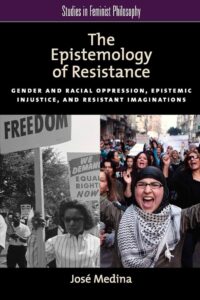
The Epistemology of Resistance, José Medina, 2013
“The book illustrates what socially engaged philosophy looks like. It explores how oppression shapes knowledge of others and ourselves. It’s full of interesting concepts and examples. It’s challenging and relevant. Though written in 2013, the book connects to classic questions in philosophy, such as Aristotle’s idea of living well, and asks how to create a better, more just world.”
—Erin Beeghly, Assistant Professor of Philosophy
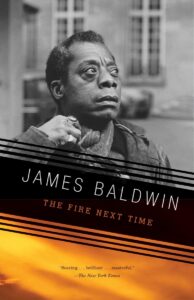
The Fire Next Time, James Baldwin, 1963
“It is sublimely written, historically and presently pertinent, and it clarifies the reality, consequences, and our ongoing goal of understanding and addressing racism. Enduring greatness is predicated on knowledge of the past. This and other readings from the Great Books course can help students achieve greatness, both as members of their respective disciplines and as members of the human species.”
—Maximilian Werner BA’93, Associate Professor of Writing and Rhetoric Studies



Comments
Comments are moderated, so there may be a slight delay. Those that are off-topic or deemed inappropriate may not be posted. Your email address will not be published. Required fields are marked with an asterisk (*).